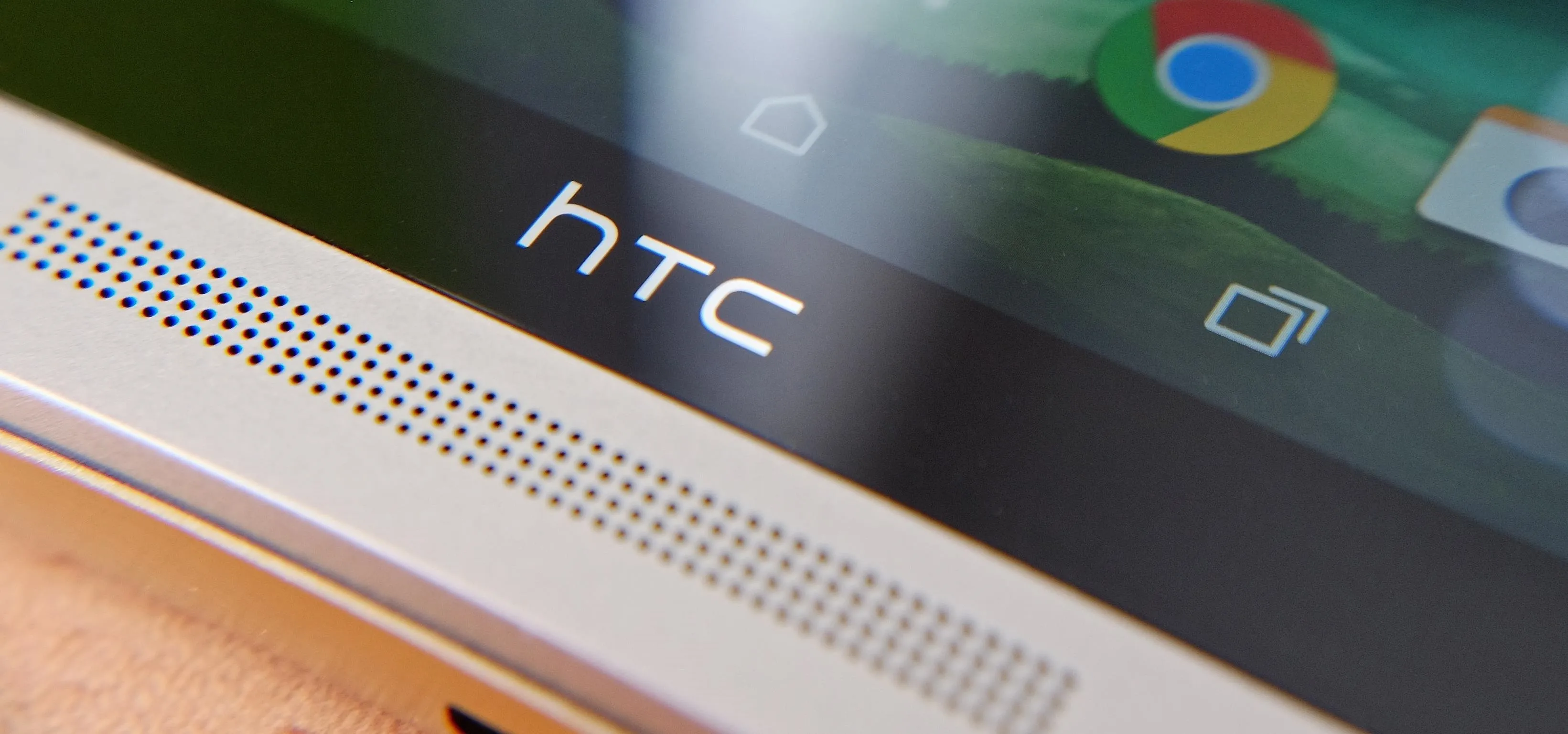It seems like every cloud service out there is offering tons of upgrade options and free promotions to give people as much space as they need to store their files online. I personally have over 100GB of Google Drive space which is shared between multiple computers, phones, and tablets, so keeping track of everything can be a huge pain in the ass.
Just like a regular, physical hard drive, you want to save as much space as possible to make your storage is lean and efficient—especially if you were given massive amounts of storage on a trial run that's now about to expire.
Up until now, the process of shifting through all of your files and managing them was a nightmare, especially if you only used them on a smartphone or tablet. That's why Christian Göllner created Unclouded. His app for Android devices makes it incredibly easy to see which files are taking up the most space and which ones you hardly ever use—filters that can definitely be useful if you are running low on storage space.
Step 1: Installing Unclouded
Currently, Unclouded is in beta, so you will need to join the Unclouded community on Google+ to gain access to the app. After you become a member, wait a few minutes and go to the app's Google Play page (alternate link if that ones doesn't work) to install it.

If you are not a member of Google+, or just don't want to join the community, you can download and install the Unclouded APK, though, this may not be the most current version, and we'd recommend using the above method for installing this app.
Step 2: Using Unclouded
As of right now, only Dropbox and Google Drive are supported, but there are plans to add more services, so sit tight. However, if you do have one of these services, all you have to is login once you have Unclouded installed.




After you have signed in, your files will be synced to Unclouded. This can take some time, especially if you have gigs upon gigs of data.
Step 3: Sorting, Searching, & Deleting
Once the syncing has completed, you will be able to sort your files based on size, last modified date, and even look for duplicate files.






Deleting files directly from the app, among other features, requires a premium license, but you can just as easily open up the official Drive or Dropbox app to delete the files from there.
If you are feeling generous, the premium upgrade only costs $1.99 and helps to support continued development.
Göllner has a ton of features planned for future releases, like widget support, share integration, and upload support. If you run into any issues or find any bugs in the app, be sure to join the Google+ community and let the developer know!




Comments
No Comments Exist
Be the first, drop a comment!